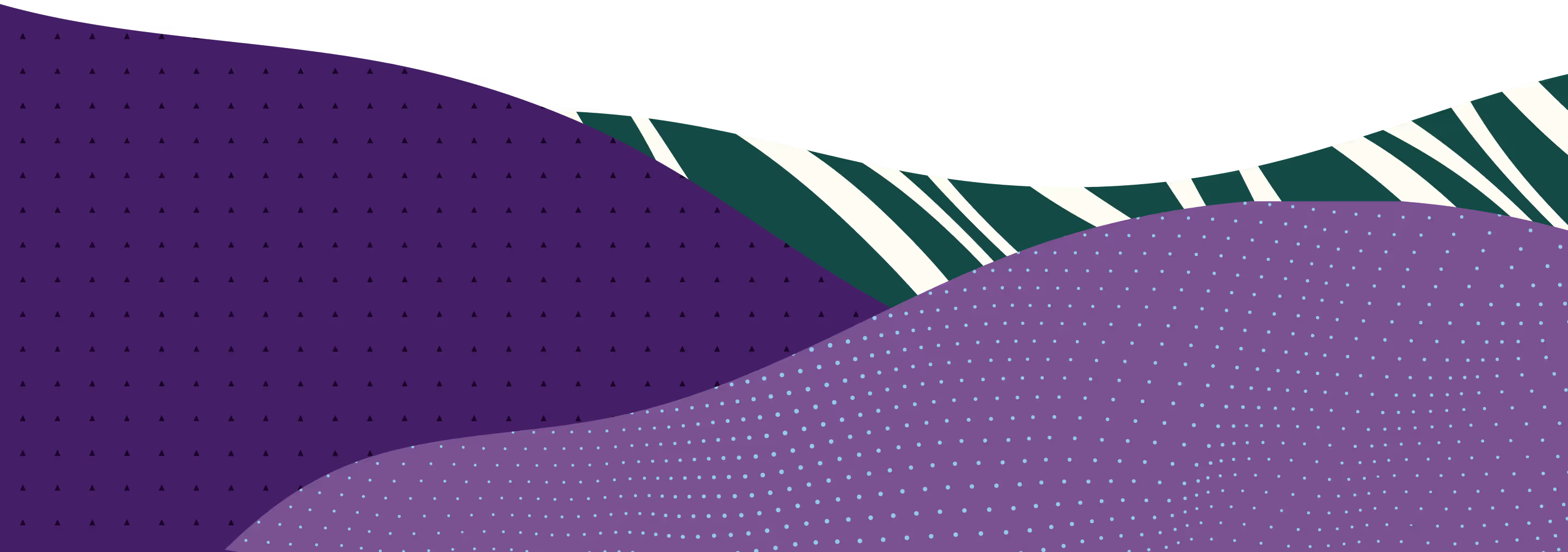In focusing on my other identities, I’ve been ignoring a big one.
I identify as Taiwanese American. I identify as queer. I identify as a cisgender woman.
And today, I also identify as Disabled. During this “Disability Pride Month”, I’m coming out.
I’ve come out before. Seven years ago as queer. Though, I’d argue I’m still coming out as queer on a daily basis. So, I’ve been through this before and I didn’t really want to go through it again. In many ways, this experience feels very similar. When you don’t embody the physical stereotype of a certain community, you’re often questioned, “Are you really?”
I was diagnosed with an autoimmune disease over 10 years ago. The main gist of my relatively unheard of—and subsequently, underdiagnosed—condition is that movement and impact makes my body attack itself. So inherently, walking, running, jumping, and slamming my body into things (though not sure why I’d do that?) could trigger me into a full-blown attack. But I have to caveat, doctors still don’t know what exactly triggers my condition.
I live day-to-day with chronic pain and chronic anxiety that the pain I’m feeling is an indication of something more. And to manage my condition, I inject myself weekly with a delightfully large and delightfully expensive needle containing a biologic liquid; a.k.a. an immunosuppressant.
Even with all this, I hadn’t thought of calling myself Disabled until I went as a plus one to a networking dinner a few months ago. I knew we were meeting a disability activist but when they walked up to the restaurant, my first thought was, “They don’t look Disabled.”
They soon revealed, though, that they have an autoimmune condition and deal with chronic pain.
“Oh, I do, too,” I murmured.
“Oh so you’re Disabled, too,” they exclaimed.
Am I?
The conversation quickly moved on but for the rest of the dinner my mind swirled with the implications of this connection.
As we left dinner, the activist gently mentioned to me, “I can add you to an email listserv, if you’d like. It’s for folks like us.”
Am I a part of your community?
The American with Disabilities Act (ADA) was passed in July of 1990, which prohibits discrimination based on disability. And since then, progress for access has been slowly appearing in society. Mobility access like ramps, elevators, lifts; hearing and visibility access like captioning, signing, and more; and even stimulation warnings and triggers, have all become more commonplace, with also still so much room for growth. But more recently, expanding the definition of Disabled has allowed for a more nuanced understanding of who also does not benefit from our current societal structure; folks with neurodivergence, folks living with mental health conditions, and—of course—folks with autoimmune conditions.
While you cannot equate, compare, or contrast all of the different folks who fall under the umbrella term Disabled—each person has such vastly different experiences, privileges, and other intersecting identities—what unites everyone is the fact that our current structure of society is not built to be accessible for everyone. Physical access, mobility access, social access…the list goes on.
Living with an invisible condition has been difficult (and equally comes with a huge amount of privilege), but I’ve internalized most of the ableism I’ve encountered because I don’t really know any other way. I’ve learned to deftly turn down friends’ invitations to go biking, slyly avoid activities that involve running or jumping by calling myself simply “too lazy”, and telling people I’m too tired to hang out when really, I’m lying on my couch in extreme pain.
But going through COVID has forced me to talk about my condition and my immunosuppressed state. I’ve had to learn how to advocate for myself more than ever before. In the beginning, it actually seemed like a silver lining; our global lockdown forced us all to recognize those folks who would be most impacted by the virus. But as time passed, ableism won. The day the mask mandate was eliminated from flights, I was sickened by the videos I saw: hoots and hollers as small pieces of cloth were flung from defiant faces. The ableism was so stark. And still is. Without masks, I’ve been forced out of spaces where I once belonged. I’ve stopped taking the trains here in New York and I rarely go into restaurants. Flights cause full-on panic attacks. (Really, they do.)
Luckily, I’m extremely privileged to work at Violet, which advocates for remote work, but now more than ever, I truly feel left behind by an ableist society. I can’t even imagine what it’s been like for folks who have less economic, racial, and mobility privilege than me.
I’ve been reluctant to take on a new identity; the label is both heavy and freeing. I feel like I keep putting bowling balls into my backpack—one labeled Asian, one labeled queer, one labeled woman—will adding another make me collapse? Or is the embracing of this identity like gathering puzzle pieces into a neat picture. This is who I am. There are others like me. There is a listserv with emails sharing vaccine updates. How delightful is that?
I’m lucky enough to work at a company that not only accepts, but celebrates employee identities. We celebrate everyone’s intersecting identities. And we believe our identities are key to experiencing good, quality health care. That’s why we’re creating cultural competence education for clinicians that isn’t just facts and figures—it cultivates self-reflection, challenges one’s own privileges, and provides guidelines for in-person interactions. Plus, we’re using data to power care coordination so every patient can find the care they deserve. This could not be more important for folks like me. With all of my identities, but especially my invisible disability, I’ve had to deal with so many uncomfortable health care experiences that make me want to avoid doctors at all costs. Violet unlocks the potential for clinicians to understand diversity and provide better care.
While I can’t speak on behalf of other folks, here are just a few of my personal culturally competent tips for clinicians and health care providers when working with Disabled patients:
- Don’t ever assume you can “see” everything wrong with a patient; many folks live with invisible disabilities.
- Always ask for consent before touching; this is so important to communicate not only as part of trauma-informed care, but also as someone who may live with chronic pain.
- Explain everything you’re about to do before doing it. “I’m going to check your blood pressure now, can I put this cuff on your arm?”, “These stickies are to monitor your heart rate, can I put them on you?”, “I’m going to leave for a few minutes, do you mind waiting until I come back?”
- For professionals who need to deal with hands-on contact (physical therapists, massage therapists, and more) – please always ask if there are places that are sensitive to touch. While most folks should be able to advocate for themselves, it relieves them of that burden if you proactively ask.
- Do not assume that the patient can hear or understand you every time you speak; make sure to caveat “If you need me to repeat anything, please feel free to do so.”
- When a patient is still undiagnosed but keeps visiting you to uncover what’s wrong, don’t dismiss their lived experience. Try to explore all of the possibilities. Everyone is the expert of their own body, so dismissing patients can cause distress. Acknowledge how hard their experience must be for them and try to be there every step of the way.
I’m so excited to imagine a world where every person gets the health care they deserve, regardless of their ability, race, economic status, or more. What would it be like if every Disabled person could freely experience this world with a care team that supports them? This obviously doesn't solve the problem of a society built so inaccessibly for all types of folks. There’s so much work to be done overall—now more than ever when our rights are seemingly being dismantled every day. But I still have hope.
While I’m still unpacking everything that comes with being Disabled, this first step of acceptance has been big for me. Thank you for letting me come out to you.
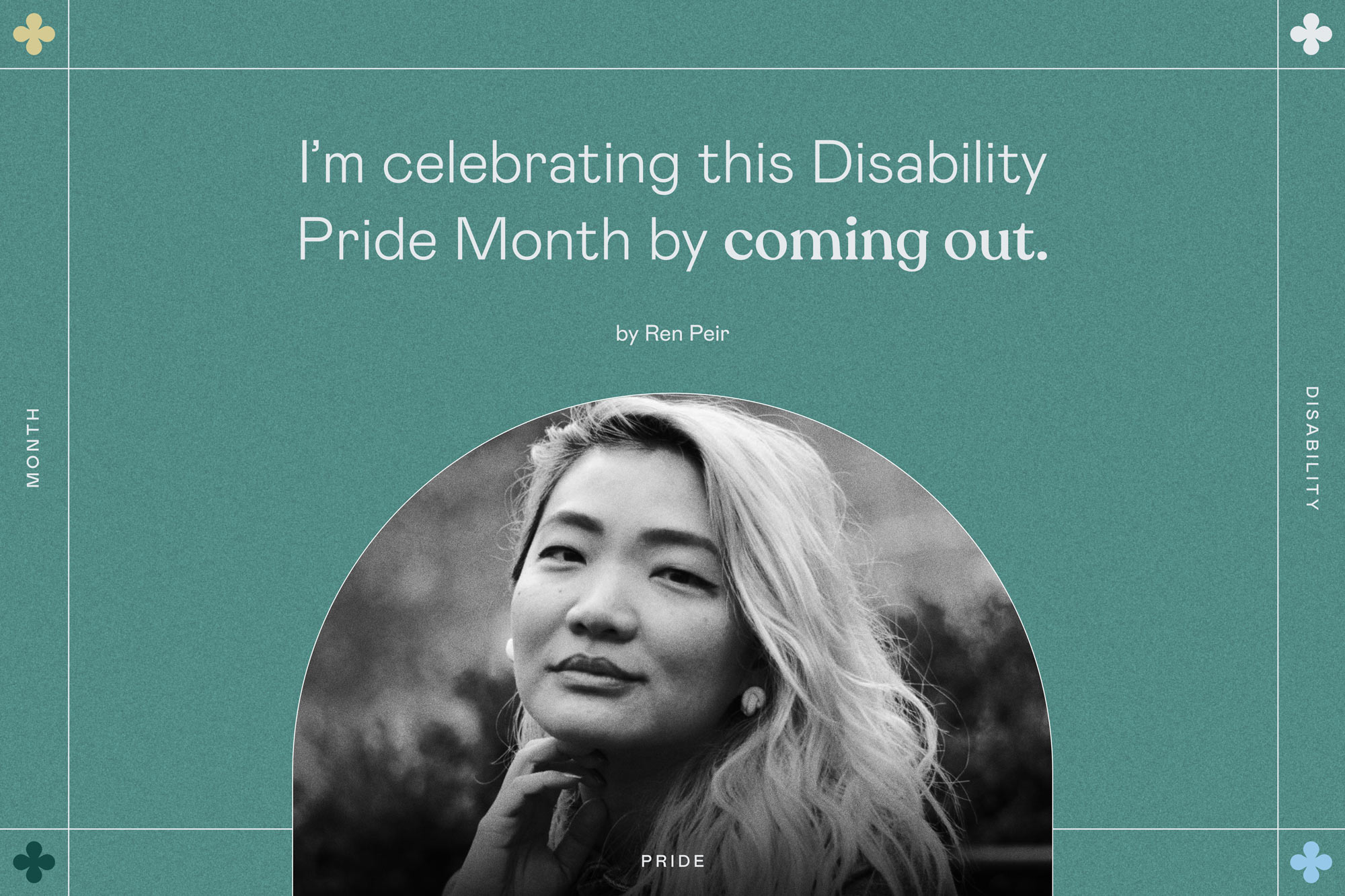
.svg)
.png)
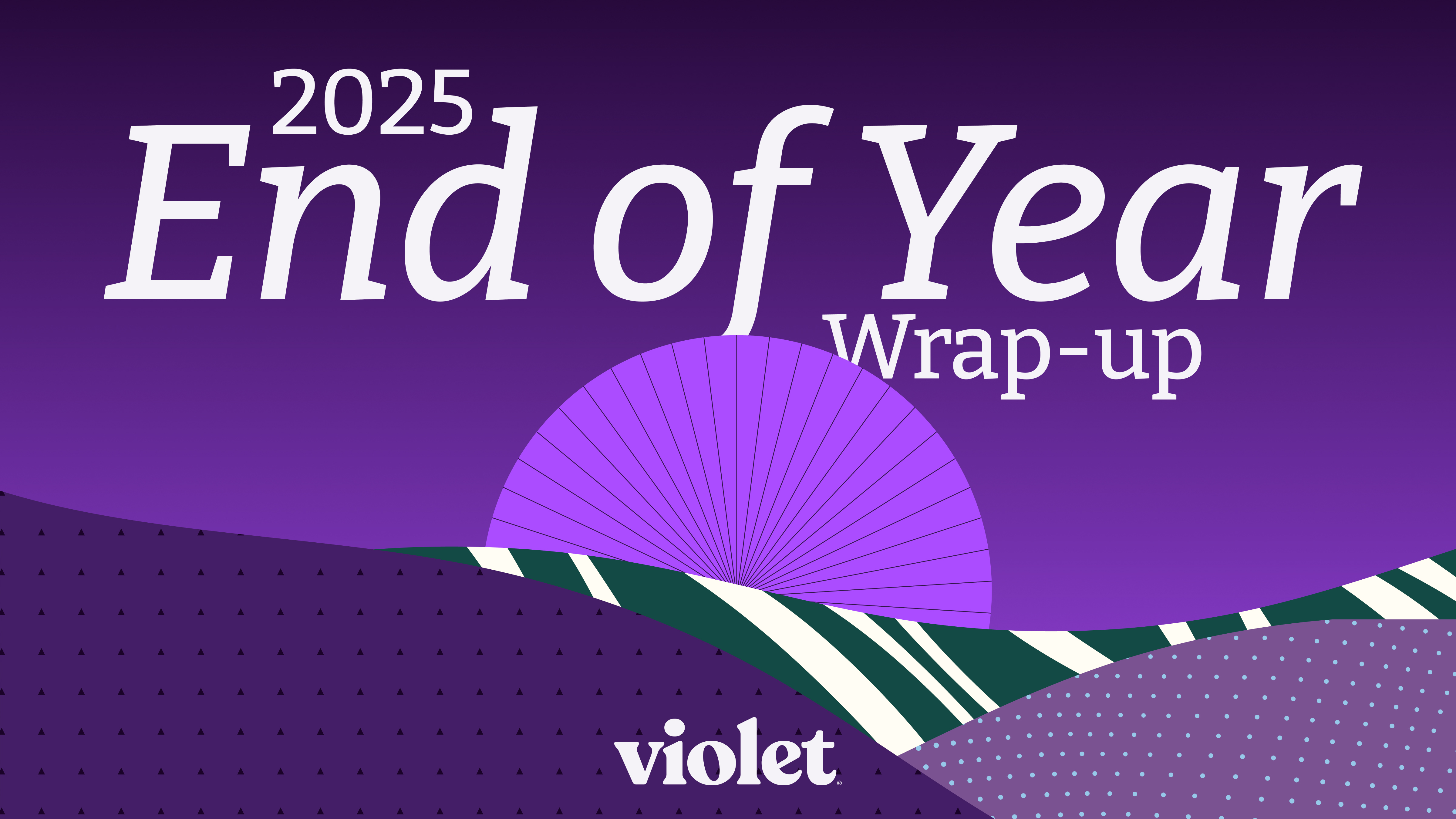
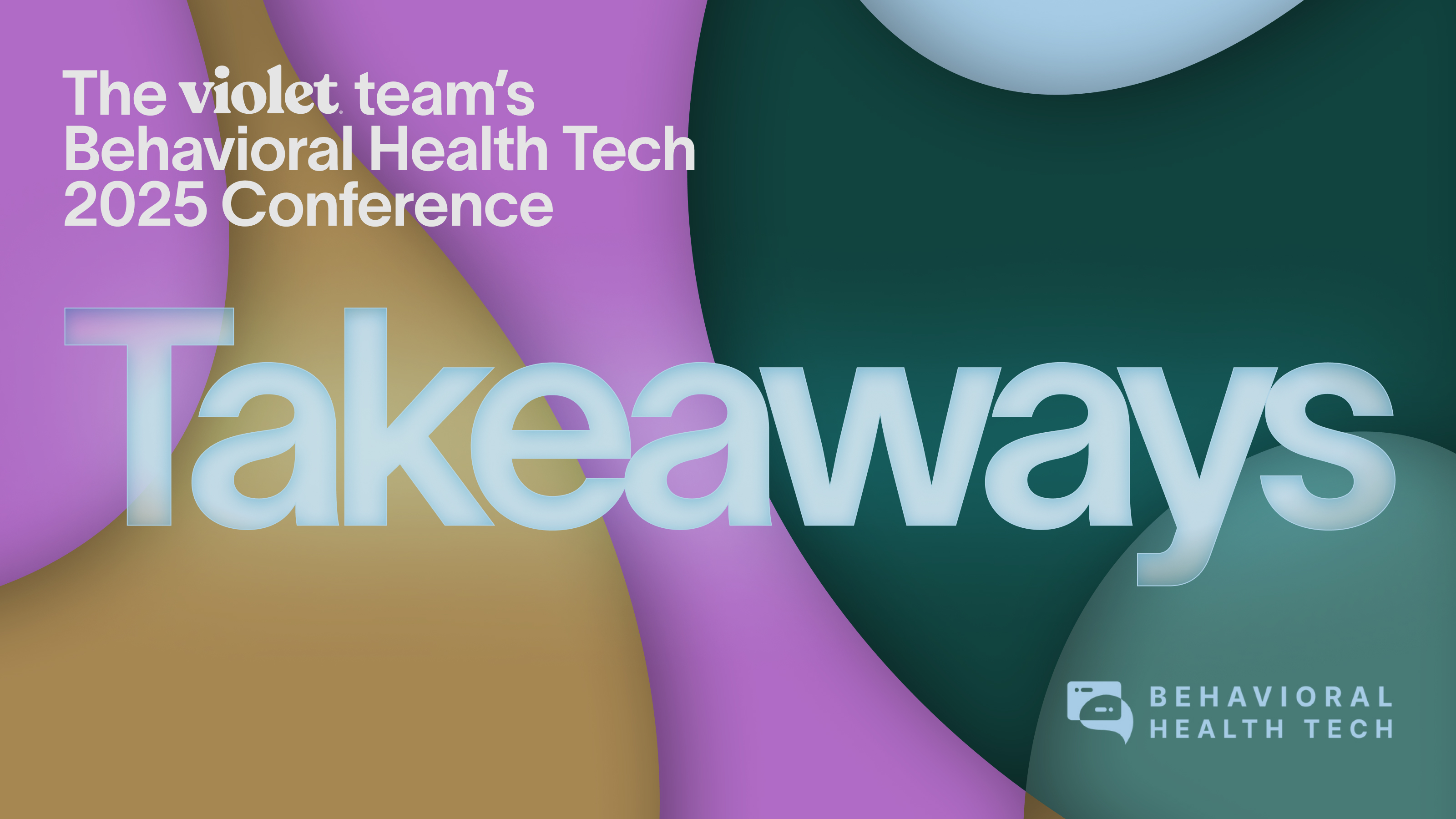
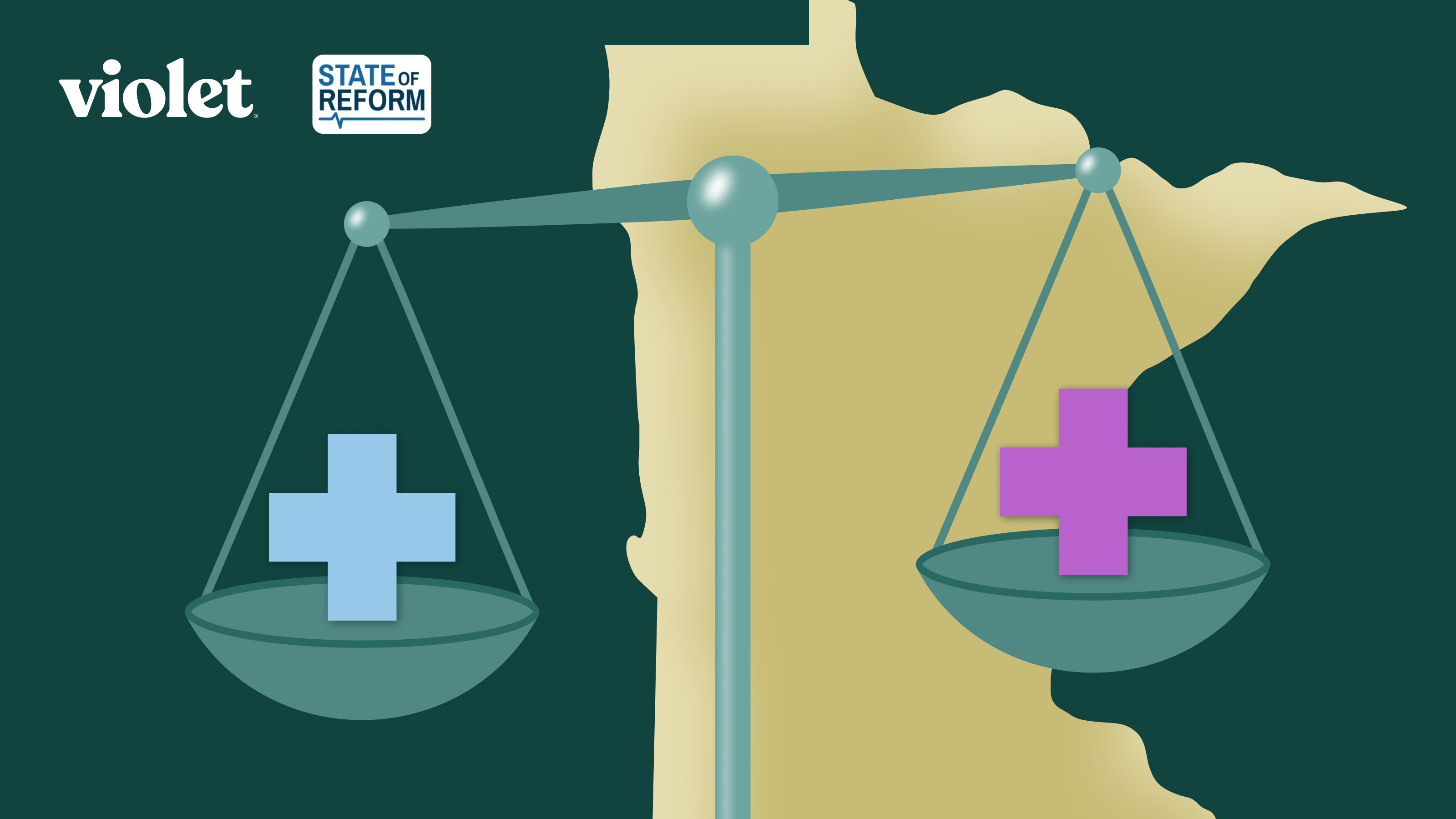


.png)

